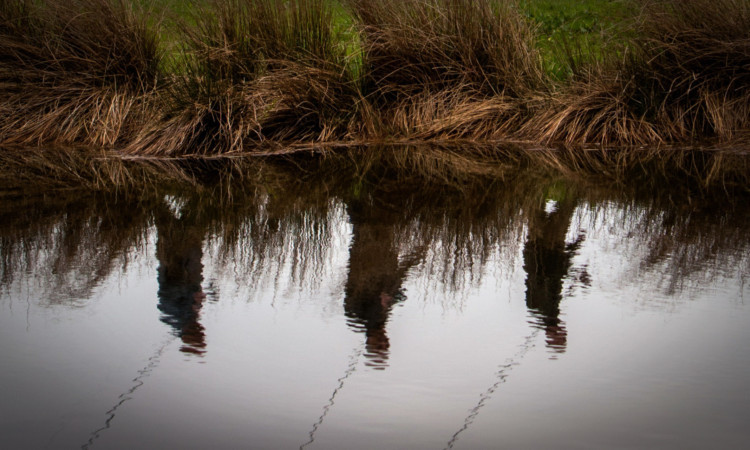Salmon netsmen in Scotland have torn up a long-standing conservation agreement, incurring the wrath of fishing chiefs.
For the past 14 years the members of the Salmon Net Fishing Association of Scotland (SNFAS), which represents the majority of netsmen, have postponed the start of their season for six weeks to preserve fish stocks.
However, at the annual meeting of SNFAS, held in Dunkeld earlier this month, members voted to start netting six weeks earlier than has been their practice for the last decade.
The decision has drawn criticism from the aquatic environment conservation charity, Salmon and Trout Association (Scotland).
Chairman Hughie Campbell Adamson described the move as “backwards” and called on Scottish ministers to act to protect the species.
He said: “For years SNFAS has milked the six-week delay to the netting season as evidence of its members’ conservation credentials.
“The intention to start earlier shows that the netsmen are determined to kill a proportion of the scarcest, most vulnerable and indeed most valuable of our salmon runs.
“For many years rod interests have given maximum protection to these fish and now virtually none are killed by anglers in the early weeks of the season.
“In fact most rivers operate 100% catch and release until May or even later.”
The official Scottish catch statistics confirm that in 2012 almost every salmon caught by anglers in February and March was released back into the water.
Mr Campbell Adamson added: “Netsmen, like anglers, have the right to kill fish. However, this backward decision reflects the failure of netsmen, unlike anglers, to recognise that these early runs must be protected.
“Only Scottish ministers have the legal power to prevent this exploitation under the terms of the Salmon Act of 2003 ‘if they consider that it is necessary or expedient to do so for the conservation of salmon’.
“Ministers cannot on the one hand advocate that anglers release all the early-running salmon they catch, and on the other hand sit back and sanction the wholesale killing of these fish before they reach our rivers.
“Scottish ministers need to act now if early-running salmon are to be protected.”
Netting representatives have hit back saying those offering angling can still make money without catching or killing fish. They say the financial downturn has led to the move.
George Pullar, director of the Scottish Wild Salmon Company, called Mr Campbell Adamson’s comments “misleading”.
He said: “It is quite clear that, at the root of this, he has a vendetta against netting interests. Let me be clear that we and the other members of the Salmon Net Fishing Association of Scotland are committed to conservation.
“Our previous years of sacrifice demonstrate this in abundance. Netting is our livelihood and therefore it is absurd to suggest that we are “determined to kill” to an extent which threatens the future of our business.
“Regardless of catch and release, which in itself results in the death of a proportion of fish, angling proprietors can still derive income from their fishing rights from the opening of the season.
“It is therefore only right in these difficult economic times that appropriate compensation should be agreed where one sector loses out by not exercising their legal rights, to the clear advantage of those that continue to do so.”
Keith Allen, the secretary and legal advisor at SNFAS, said he wants to work with angling bodies to come up with a solution to the row.
He said: “I am about to meet with my counterpart at the District Board Association to see if we can discuss matters of mutual benefits to anglers and netsmen. Hopefully we can have a more constructive working relationship.”
